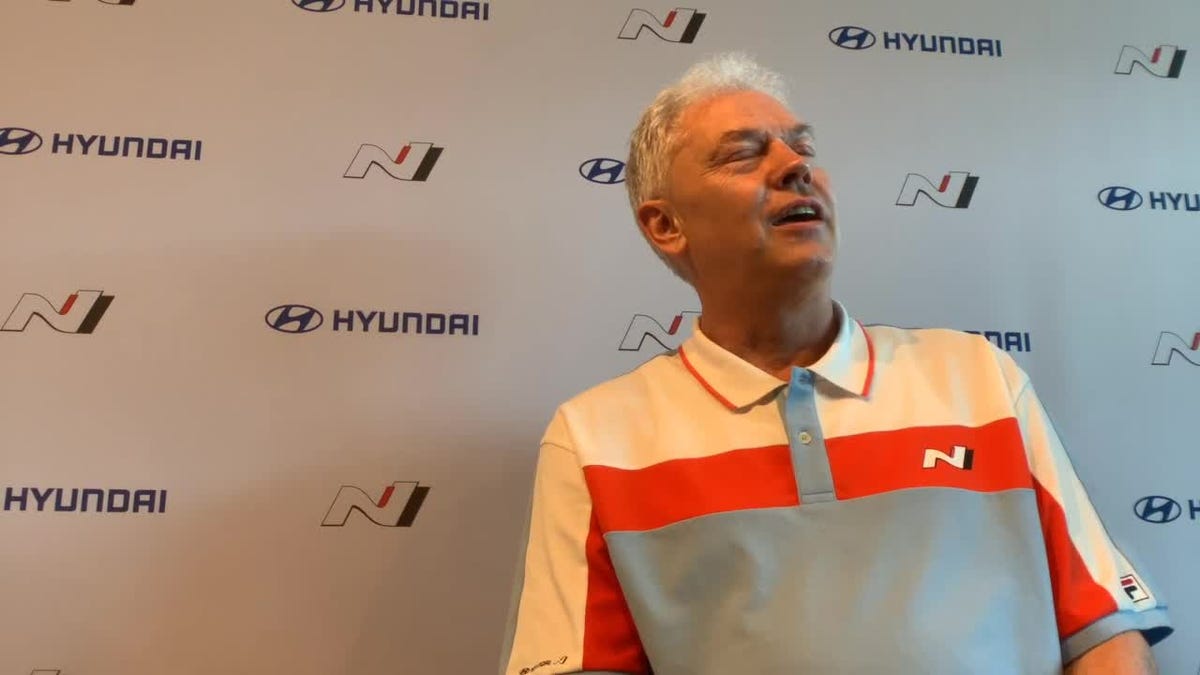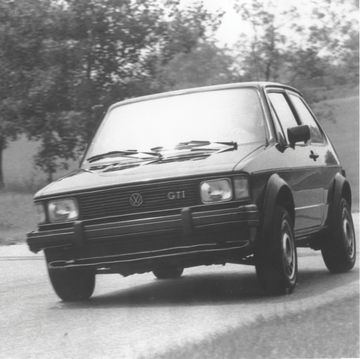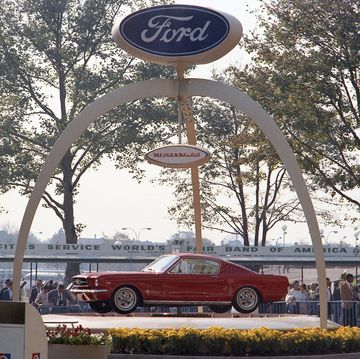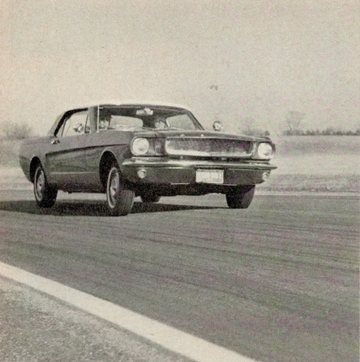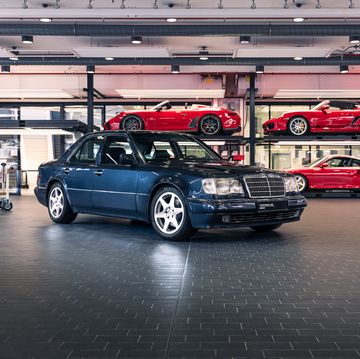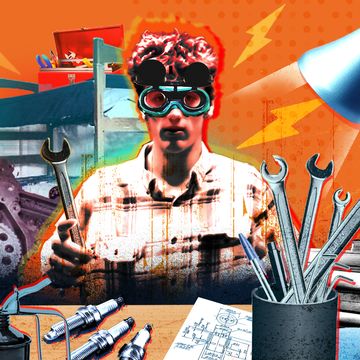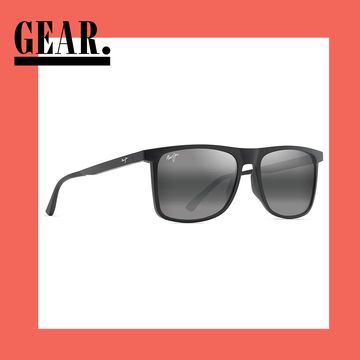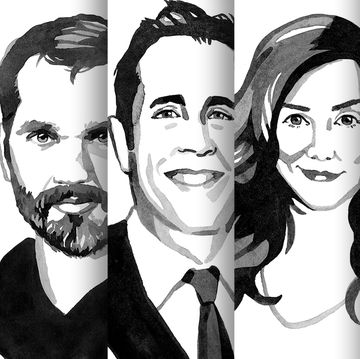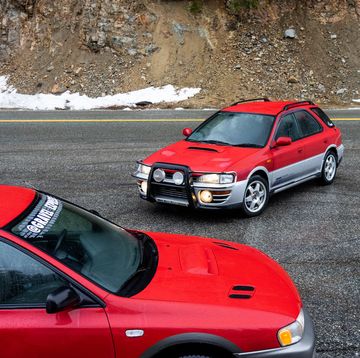Ever since I was in high school, police officers of various jurisdictions have made a hobby of pulling me over. "Do you know why I pulled you over?" Of course I do. But since I became an attorney 23 years ago, I've represented hundreds of people for traffic violations in Michigan. When people hear that I do "car cases," they think of me when they get tickets while driving cars. Along the way, I've spoken to countless law enforcement officers, prosecutors, and judges and can tell you that there are a number of simple things you can do to help you either avoid getting a ticket altogether or lessen the legal harm of the ticket itself.
READ MORE: 50 States of Speed - The laws and limits for every state in the U.S.
Note that I'm not addressing how to fight the ticket itself—that's a topic for another day. Nor am I talking about occasions in which you get pulled over wrongfully. This advice pertains specifically to incidents in which you actually did something to deserve a ticket.
Here's how you deal with it.
1. When the flashing lights come on, pull over to the side of the road as soon as you safely can. Then, pull off to the side as far as you can so that the officer, if possible, can approach your car without having to walk in the lane of traffic. Shut your engine off. It's important that you picture the stop from an officer's point of view. While you do not enjoy this transaction, in most instances, neither does the police officer. They get shot in situations like this and have no idea if you're a drug-smuggling, gun-running, one-man crime wave or simply a middle-aged attorney who writes articles on what to do when you're pulled over by a police officer.
2. Immediately roll your window down all the way. Not halfway, not an inch so you can speak through the crack. All the way. Among other things, it will show that you have nothing to hide.
3. If it's not broad daylight out, immediately turn on your overhead interior light. This lets the officer see if there are people in the back seat, in the passenger seat and, most importantly, you—before he or she gets to the car. You want to put law enforcement at ease as quickly as possible. Police officers notice these things.
4. Put your hands on your steering wheel at 10 and 2. Ideally, the officer will be able to see your hands while standing at the rear bumper of your car.
5. Do not move, do not look around, do not start digging for your paperwork. Once you've completed steps one through four above, DO NOTHING ELSE. Leave your license and registration where they are, because getting them in any manner that gets your body moving may make the officer think you're hiding something or reaching for something dangerous, and neither of those are good. Another reason is that I and others I have spoken with have had law enforcement officers make a comment at this point and then leave. "Did you know your license plate is hanging off with only one screw?" I've also had an officer let me slide: "You ran a red light back there. Pay attention. Good night."
6. Confess nothing. The officer will approach and most likely ask, "Do you know why I pulled you over?" This is the only piece of advice I will give you with which police officers will disagree, but you'll see why. I advise you to not confess. You ran a red light? You were speeding? My advice is to politely say, "No, I'm sorry I don't," and leave it at that. Some people will suggest you ought to say, "Yes, I ran that red light," but I don't know if "honesty" is going to help you any here. I do know that many officers will make a note on the ticket, "Driver admitted he/she ran the red light," and that statement will come back to haunt you later.
7. If the officer asks for your license and registration, explain exactly how you will retrieve them. "I am going to reach into my back pocket and pull out my wallet." "I need to reach into my glovebox to find my registration," and so on. Even if you have made nice-talk with the officer, he or she will remain wary of you reaching underneath yourself or into a dark spot in the car. Announcing your intentions, again, shows that you're doing what you can to put them at ease.
8. If and when the officer leaves to run your information through the system, sit in your car with your hands on the wheel, leave the interior light on, and do nothing else. Do not make phone calls or fiddle with your infotainment center. Do not reorganize your glovebox. Do not decide it is a good time to clean out the loose change under your seat. While the officer may have already made the decision on writing or not writing the ticket, it can only hurt you if you act suspiciously at this point.
Why would doing any of the steps I describe help you avoid a ticket? Police officers have discretion on whether they write a ticket and for what. As we know, an officer COULD decide to throw the book at you and write you up for all kinds of stuff. Or, decide to let you go with a warning. Anything you can do to make the officer's job easier will help nudge the officer in the direction of being lenient. Instead of reckless driving, perhaps you'll be written for careless. Instead of 20 over, maybe 10.
9. If the officer comes back with a ticket, don't argue. Take the ticket, say thank you, and move on. Do not declare, "I'll see you in court!" Signal that you're going re-enter the roadway, do so safely, and go about your business. One of the overriding themes of this and everything that preceded it is that you want to make this traffic stop ordinary. You don't want the officer to remember you. If you decide to fight the ticket, with or without an attorney, you may seek a plea deal of some sort. The officer will likely be consulted.
An officer may be in court on a particular day with a stack of tickets. They probably can't all be tried due to time constraints. Some will get deals, some won't. You know who gets those deals? The harmless tickets where the driver did nothing to stick out in the officer's mind.
I've been to numerous pretrial conferences in which the prosecutor asked the officer if we could cut a deal. The officer looked at the ticket to remember who the person was and then turned the ticket over to see if there were any comments on the back. Comments about the driver swearing at them, talking on a cellphone during the stop, and so on. No comments is good. Even better is when the officer looks puzzled, clearly doesn't remember the stop, and agrees to a deal. I've also seen officers turn the ticket over and get a look of recognition. "Oh, I remember this guy . . ." and then my job just got harder.
READ MORE: More traffic-ticket-avoidance tips
To summarize: When pulled over by a police officer
- Pull over quickly and as far as safely possible
- Roll down your window completely
- Turn on your overhead interior light
- Put your hands on the steering wheel at 10 and 2
- Do not admit that you broke the law
- If asked for license and papers, announce your movements beforehand
- Sit still while waiting for the officer to return
- Do not say anything remarkable to the officer at the end of the stop
I'm not saying every ticket written was righteous. I'm also not saying that the foregoing will protect you if your backseat is filled with sawed-off shotguns and bundles of counterfeit currency sitting in plain view. I'm not a magician, Jim. Just an old country lawyer. But if you get pulled over in a run-of-the-mill traffic stop, following this advice will lessen the odds of your being ticketed and, if you still get the ticket, increase the odds that you can get some slack cut on it later should you decide to fight it in court.
READ MORE: Washington police bust left-lane squatters (Video)
Steve Lehto has been practicing law for 23 years, specializing in consumer protection and Michigan lemon law. He wrote The Lemon Law Bible. He also wrote Chrysler's Turbine Car: The Rise and Fall of Detroit's Coolest Creation and The Great American Jet Pack: The Quest for the Ultimate Individual Lift Device. He urges you to consult with an attorney in your state should you have further legal questions. Follow Steve on Twitter at @stevelehto.


